Investment Strategy
The fund management focuses on companies with convincing structural growth and high long-term earnings. These companies are based in the euro area, but often operate globally. Based on fundamental stock selection, companies are selected that achieve sustainable growth over long periods of time with high profitability. Investments are made primarily in large caps as well as high-growth smaller and medium-sized stocks. The decisive criteria for these business models are high entry barriers, end markets with structural growth and excellent management teams.
- Concentrated portfolio of about 50 stocks
- All cap approach, i.e. exploiting investment opportunities across all market segments
- Long-term investment horizon and therefore low portfolio turnover
- Benchmark-agnostic approach
Learn more about our investment philosophy in equity fund management
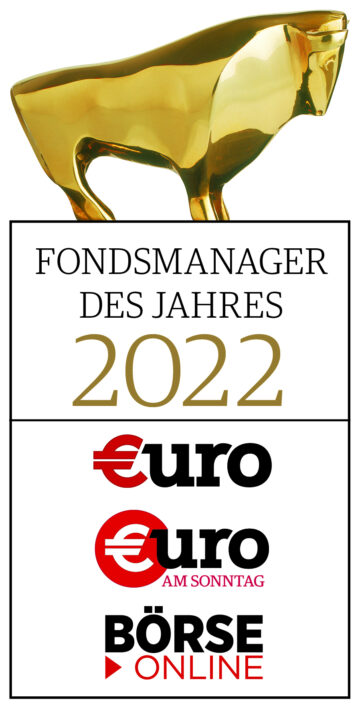
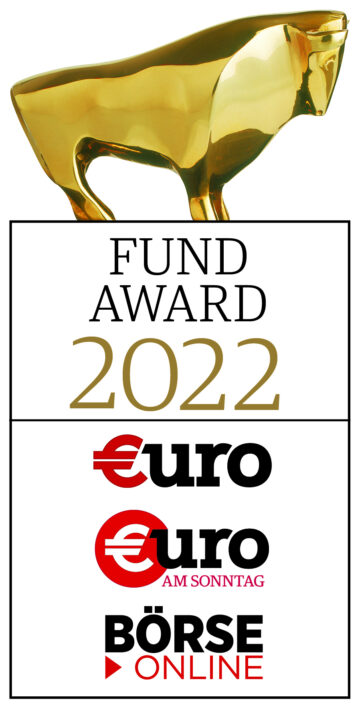
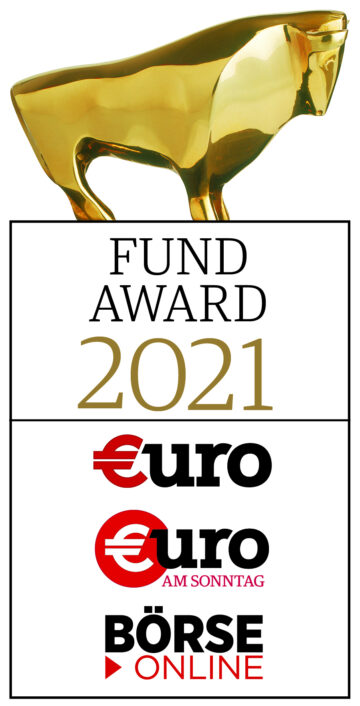


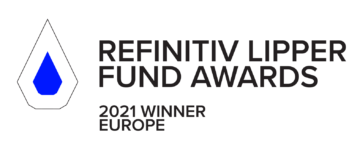
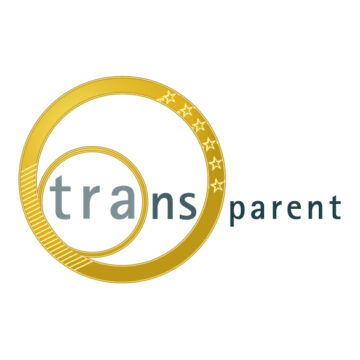
Further details on the opportunities and risks of this fund can be found in the sales prospectus.
Indexed performance
Performance in 12-month periods
Currencies
Sectors
Countries
Asset classes
Top Holdings
Monthly market comment
Following a technical rally, the stock market recovery was slowed by economic concerns and tariff uncertainty in the US. The Berenberg Eurozone Focus Fund was unable to beat its benchmark in March. After the strong performance of the last few months, investors are using the uncertainty in the markets to realize profits from SAP. Concerns about a slump in US consumer spending due to the expected US tariffs weighed on the luxury company Hermes. Various profit warnings from US airlines weighed on the share price of Austrian airline catering provider Do & Co. Uncertainty on the stock markets and the rise in long-term interest rates helped financial stocks such as Deutsche Börse and Munich Re to make gains. Grenergy's shares performed above average last month, driven mainly by expectations of new PPAs and the Capital Markets Day announced for the end of May. In March, we bought UCB and Biomerieux and sold Diasorin.
Portfolio Management
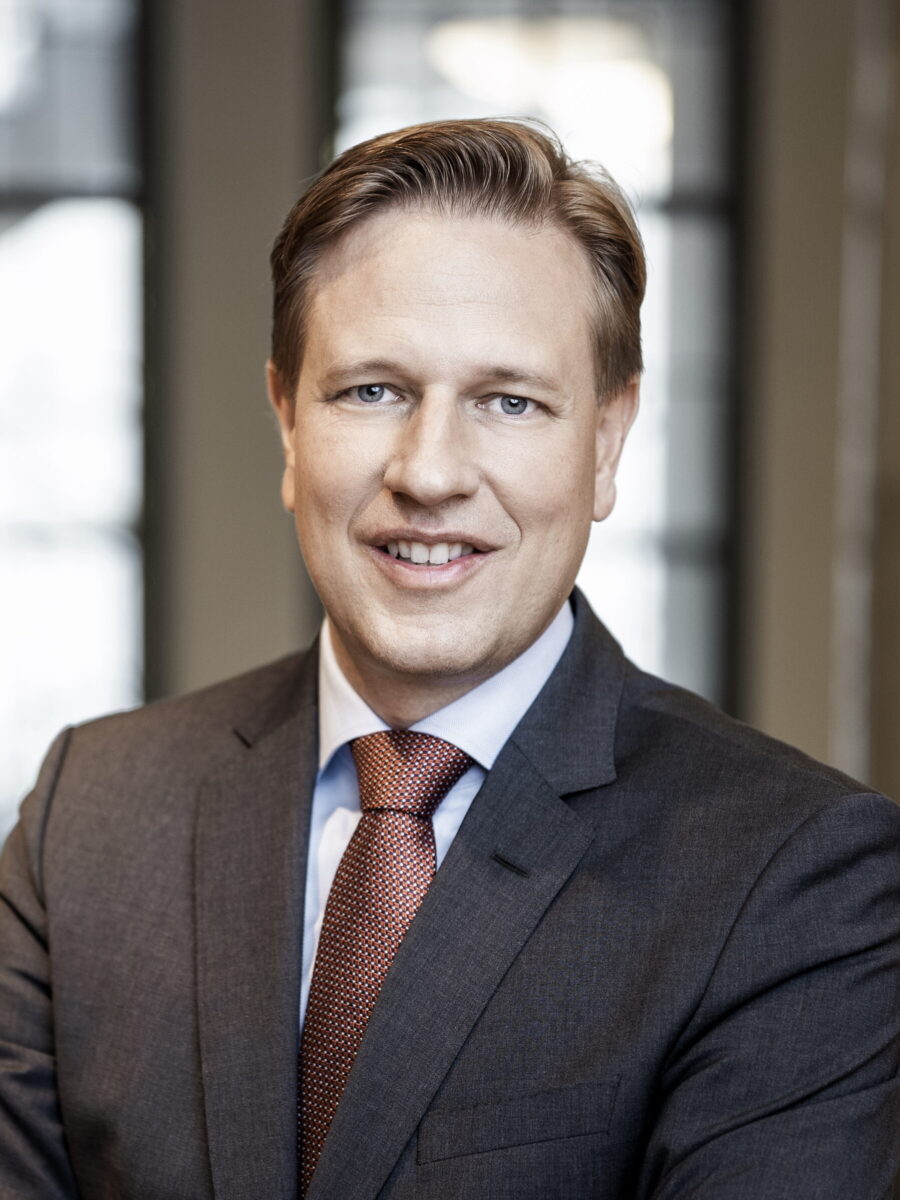
Matthias Born
Matthias Born has been CIO Equities since 2017 and Head of Investments of Wealth and Asset Management since 2019. He started his career in 2001 at Allianz Global Investors (AGI), where he managed portfolios for European Small Caps, European growth stocks and German equities from 2002 to 2017. In his 16 years at AGI, he has built two very successful equity franchises and was responsible for client assets in the double-digit billions. Matthias Born has an excellent track record over two decades and received several awards for his outstanding and consistent performance. He studied at the University of Wuerzburg and holds a degree in Business Administration.
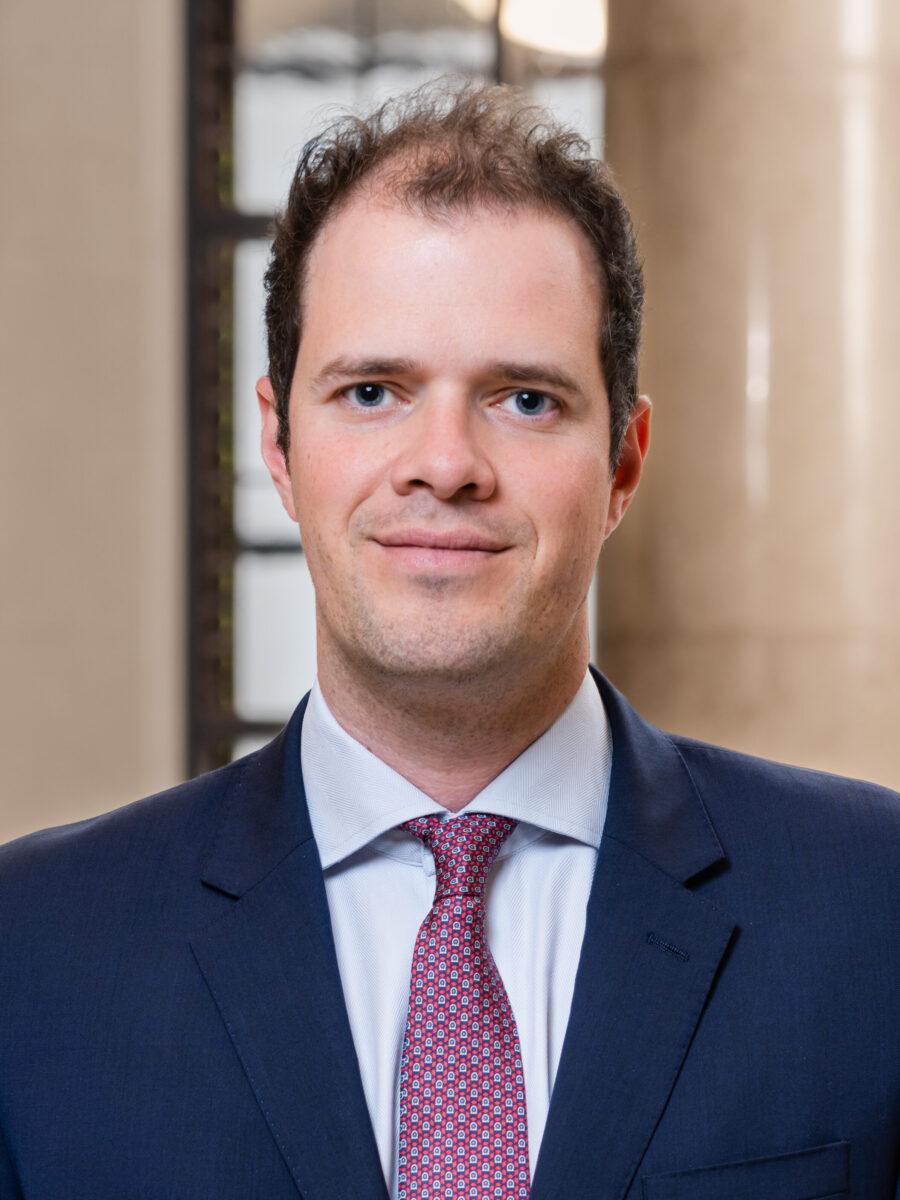
Oliver Fritz
Oliver Fritz has been a Portfolio Manager at Berenberg since July 2017. Before joining Berenberg, Oliver Fritz worked in the Securities Division of Goldman Sachs, covering German-speaking equity and multi-asset clients. He started his career as a Sell-Side Sales at Mainfirst Bank. He holds a Bachelor's degree in Economics from Maastricht University and a Master's degree in Finance and Management from St. Andrews University.

Christian Korth
Christian Korth has been a Portfolio Manager at Berenberg since June 2024. Before joining Berenberg, Christian Korth worked for the Droege Group as a portfolio manager for liquid assets (equities, bonds) as well as private equity and venture capital. Prior to that, he was a senior equity research analyst at HSBC and Stifel. He holds a Diploma degree in Finance from Frankfurt’s Goethe University.
Consideration of ESG Elements
Identifying companies and business models that will be successful in the long term is the basis for good investment decisions. Environmental, Social and Governance (ESG) factors are key factors in decision making and are therefore integral
components of the investment process.
CO₂-Intensity
The fund does not actively manage its carbon footprint, however, emissions data such as CO2 intensity are relevant parameters which can be used to assess the efficient management of a company and the extent of transition risks.
ESG Score
The data provider MSCI ESG uses an ESG score of 0 to 10 to assess the management of material ESG risks of portfolio holdings compared to competitors.
ESG Controversies Screen
Investments in the fund are monitored for ESG controversies and, with the help of MSCI ESG data, flagged according their severity. Thereby, potential ESG risks of investments are identified. In the case of an orange flag (severe controversy), we enter into an active exchange with the company. In the case of a red flag (very severe controversy), the company is excluded.



